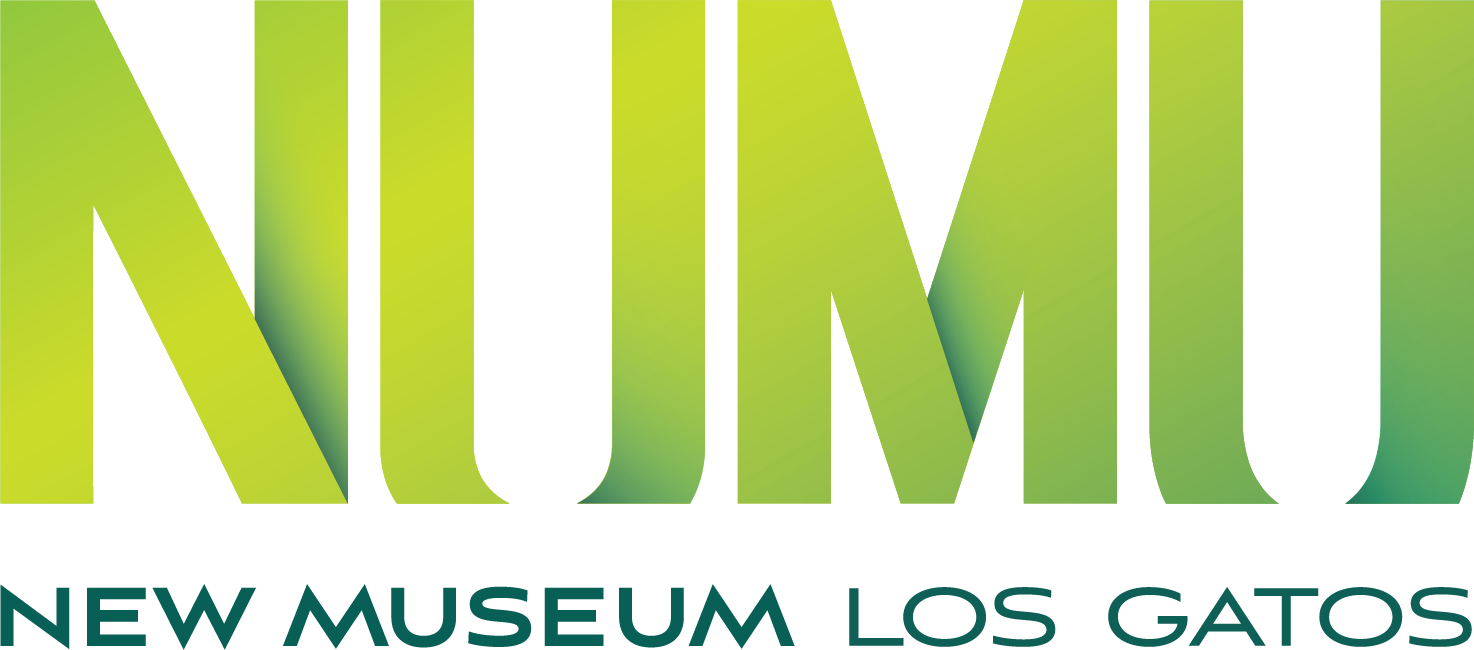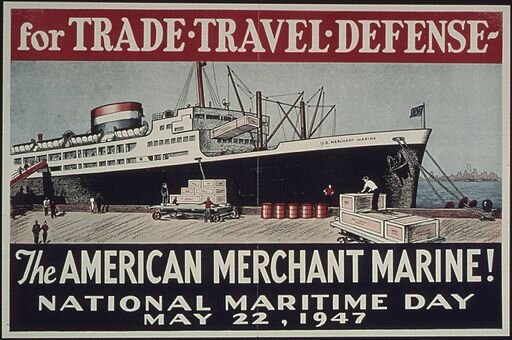Ahoy! It’s National Maritime Day! This holiday was established in 1933 to celebrate the maritime industry, and is celebrated on May 22nd to commemorate the day in 1819 that the steamship Savannah set sail for the first-ever transoceanic voyage under steam power. The Savannah, along with every other ship throughout history and even ships today, would have used navigational instruments, like these in NUMU’s permanent collection. This red navigation light, also referred to as a running light or nautical light, would have been situated on the port (left) side of its ship. The starboard (right) navigation light would have been green. These lights, always lit from sunset to sunrise, and during periods of low visibility, allowed ships sailing at night or in perilous conditions to see each other, and know what direction they were traveling in based on which navigation light (red or green) they could see.
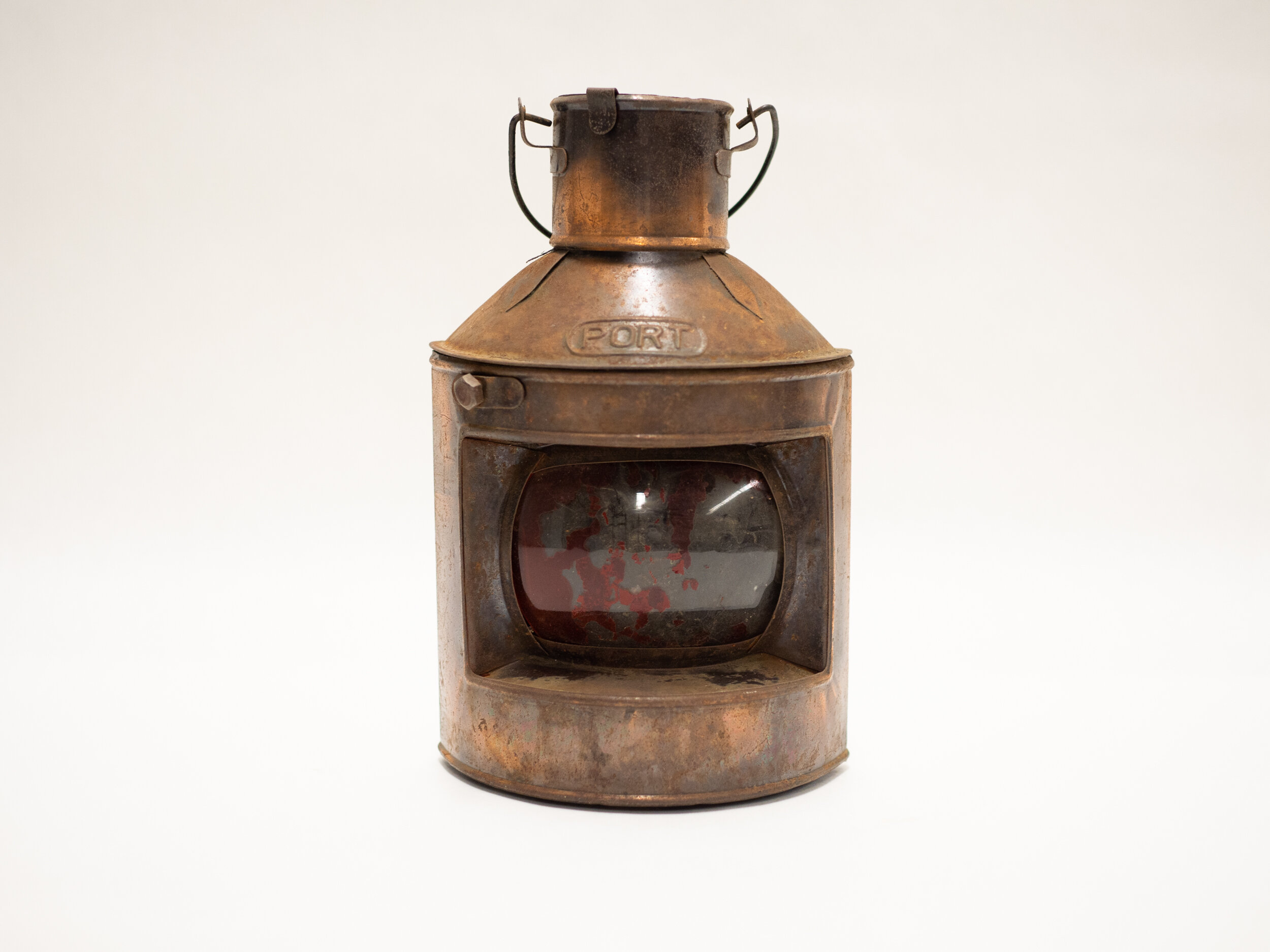
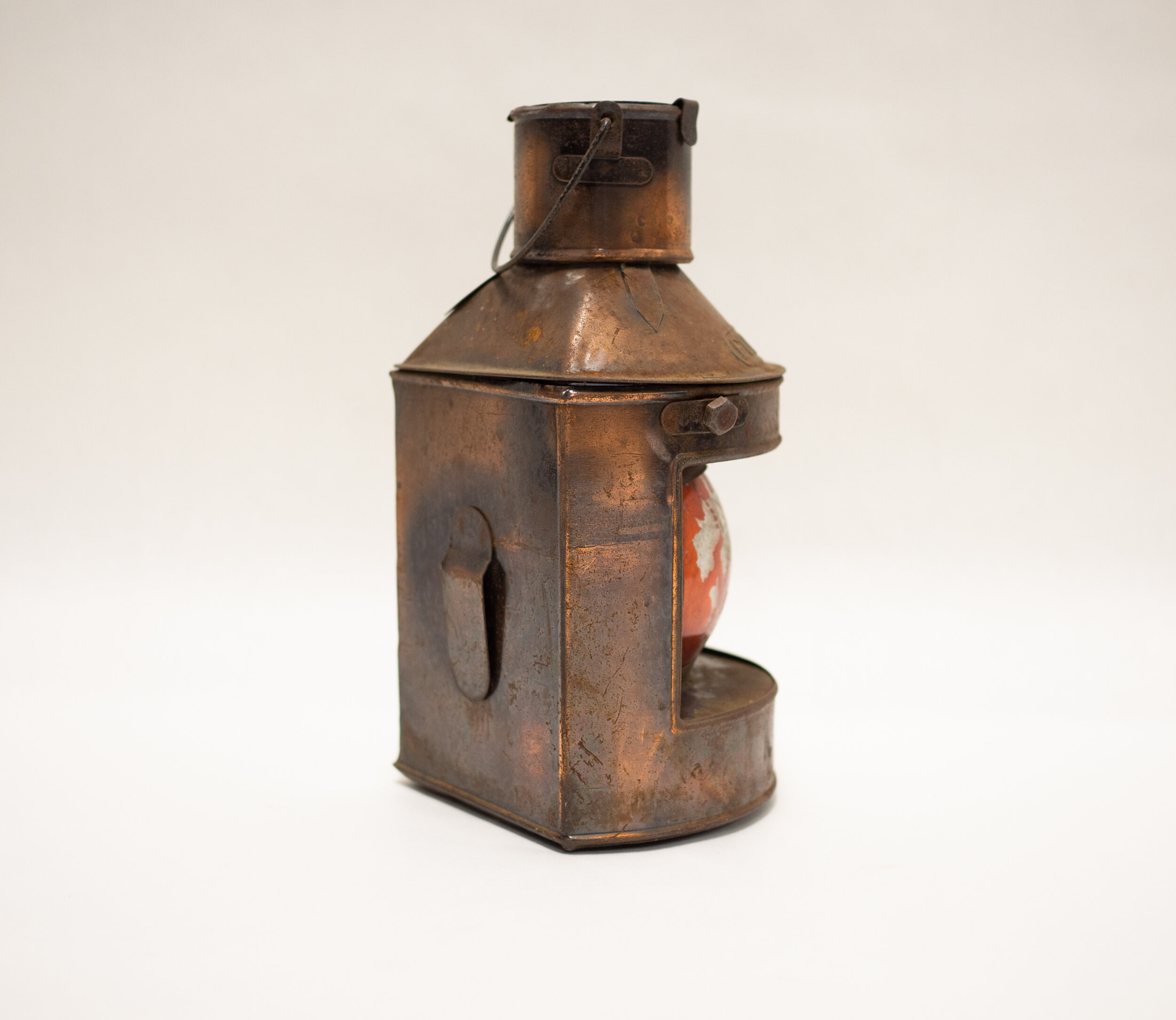
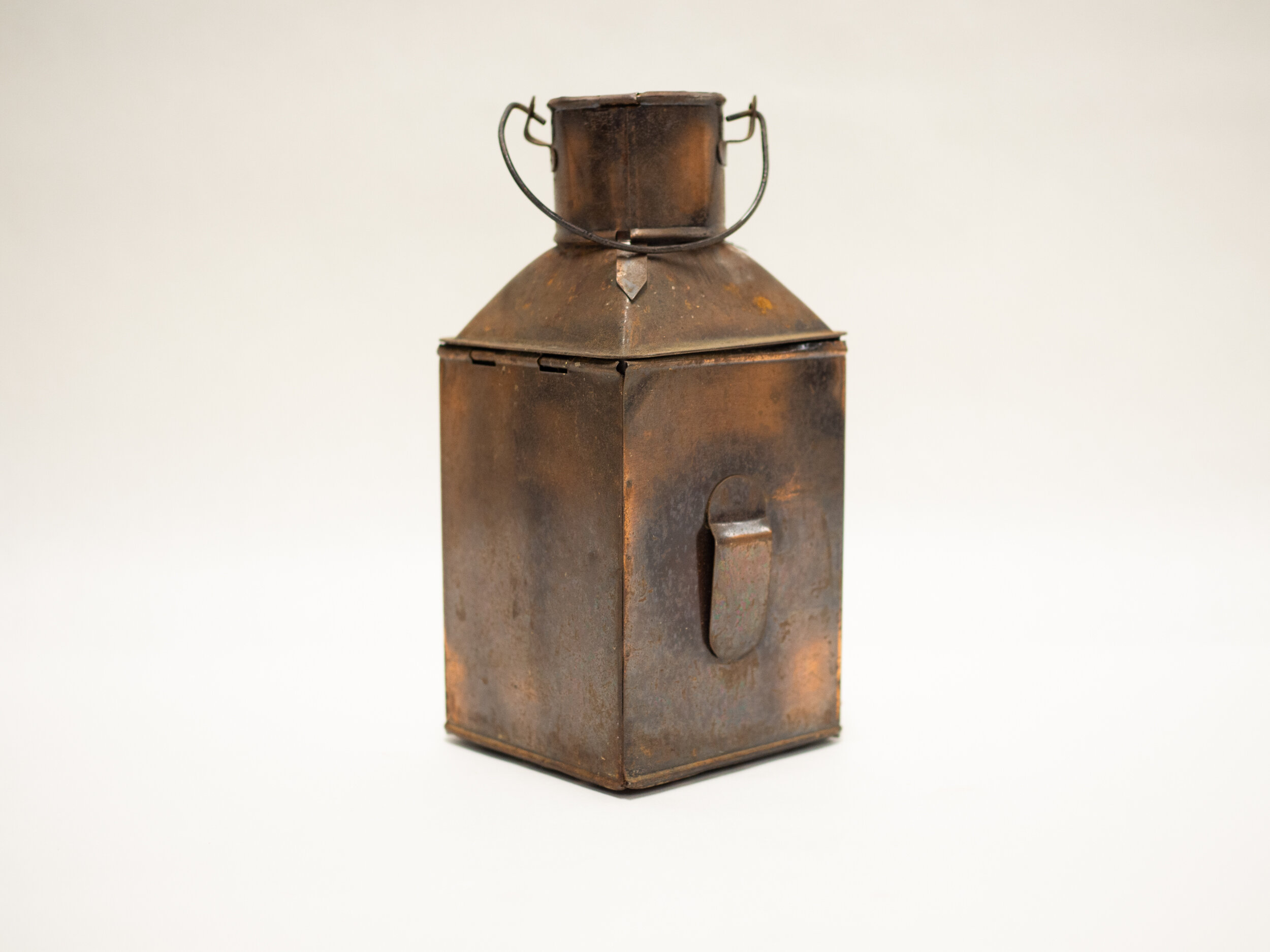
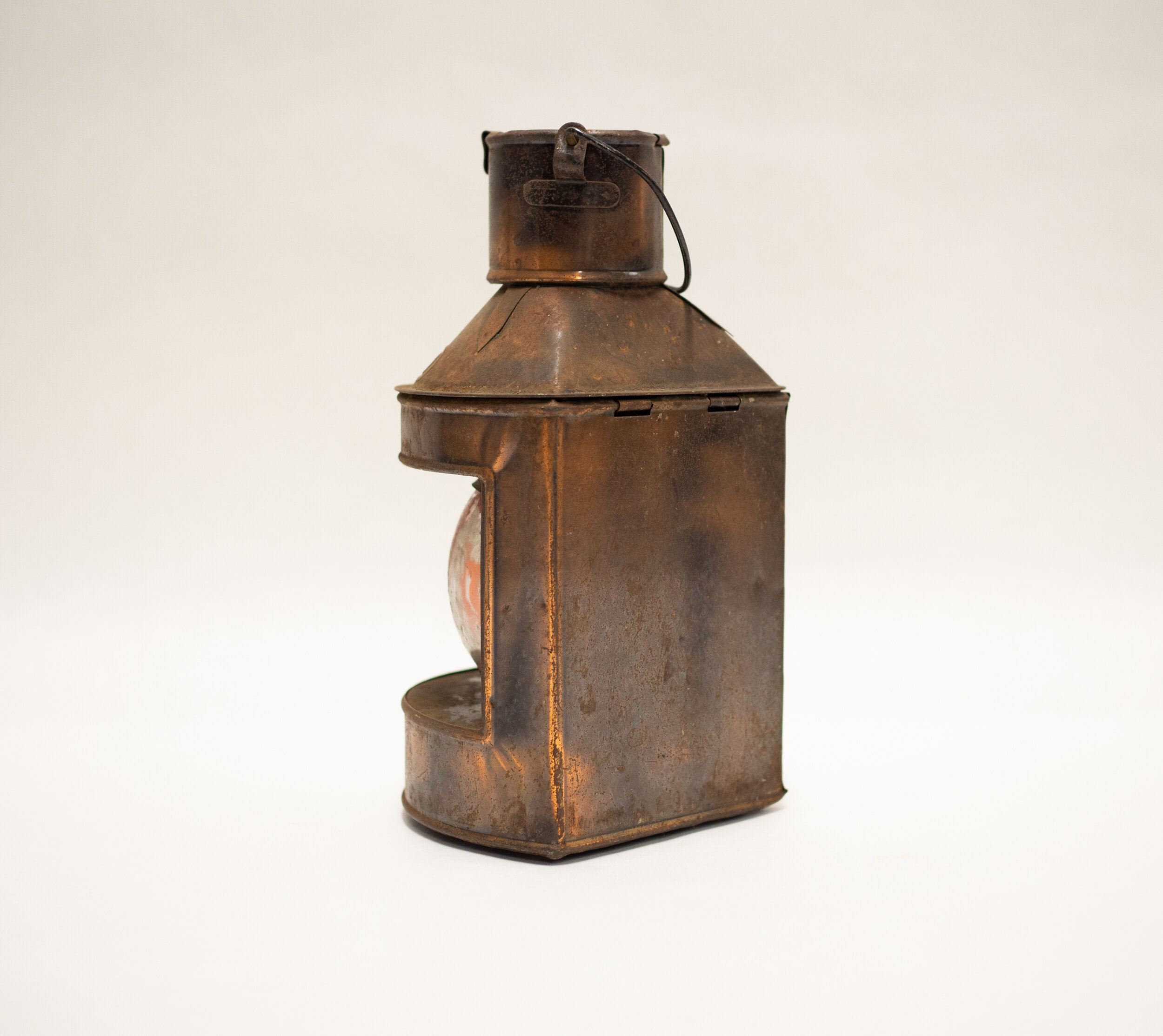
The maritime industry - ships and boats used for commerce, military, or recreational purposes - played an important, albeit indirect role on the development of Los Gatos. Situated between San Francisco Bay and Monterey Bay, huge numbers of goods and people arrived at these ports every day. Once they came on land, these goods had to be transported to other parts of California via the railroad. The Los Gatos train depot was an important stop for both freight and passenger trains, which were likely carrying items that had originally been carried on ships. Thus, while one does not normally associate Los Gatos with the maritime industry, it undoubtedly had an impact on the town’s history.
-Alexandra Schindler, Collections Registrar
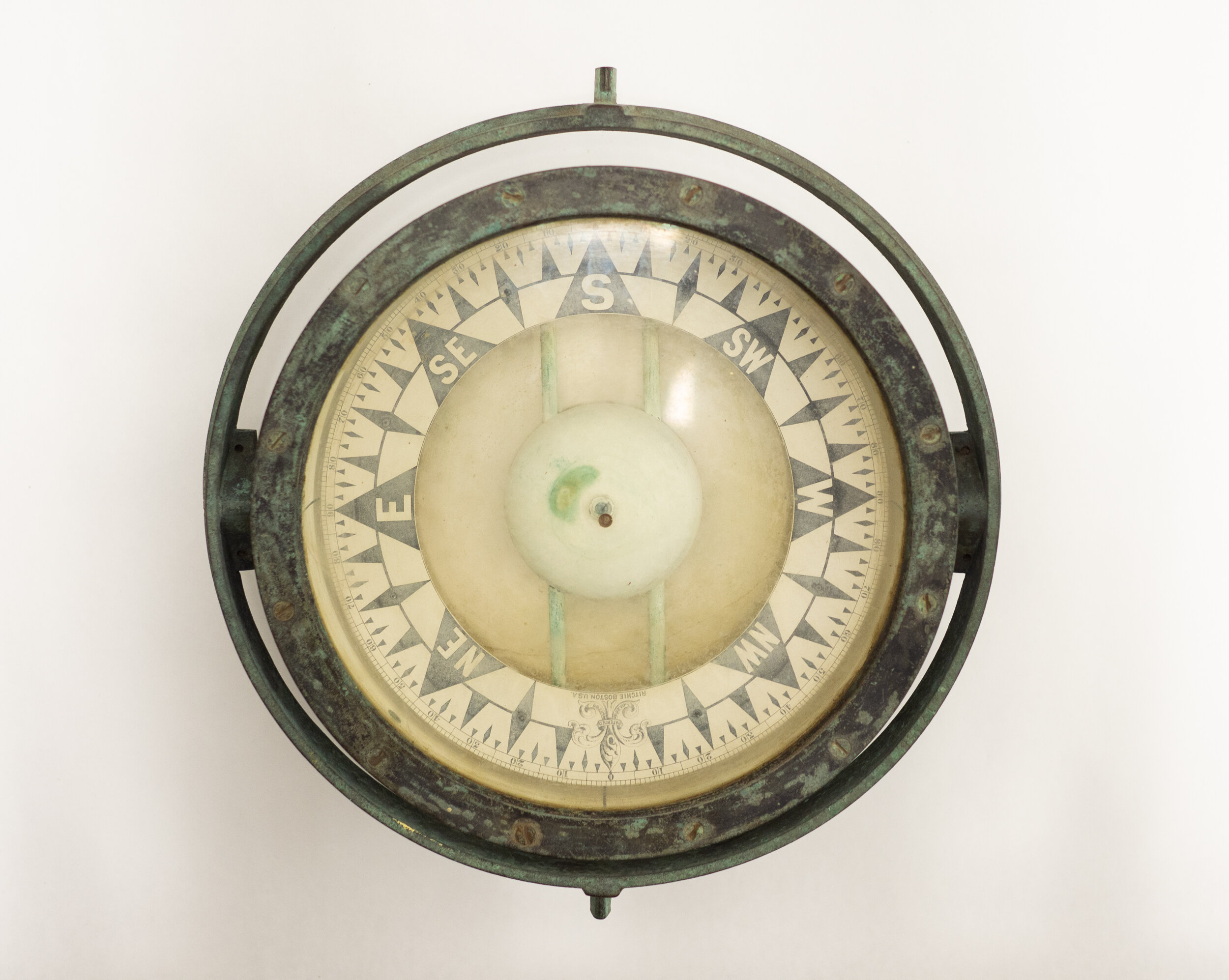
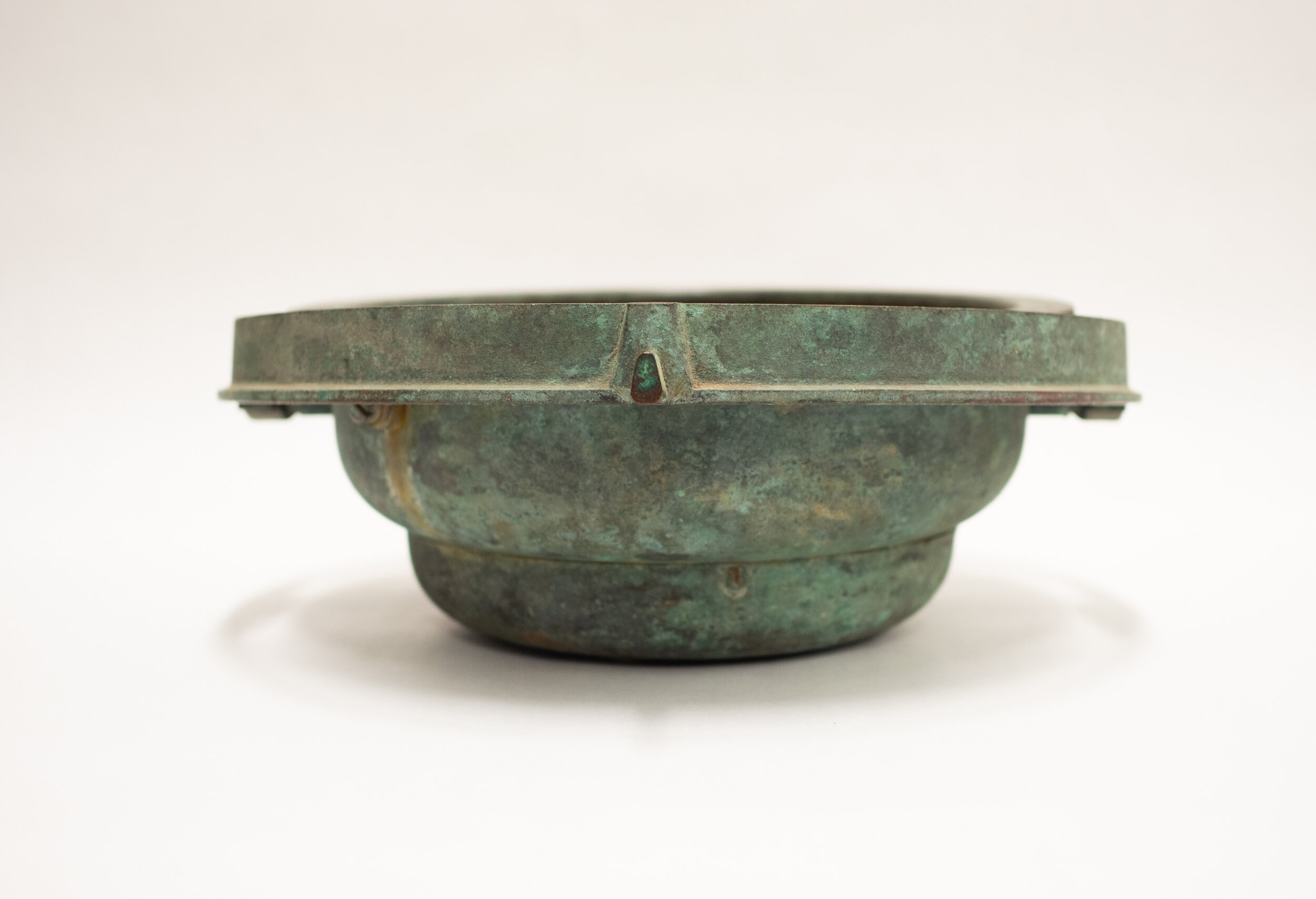
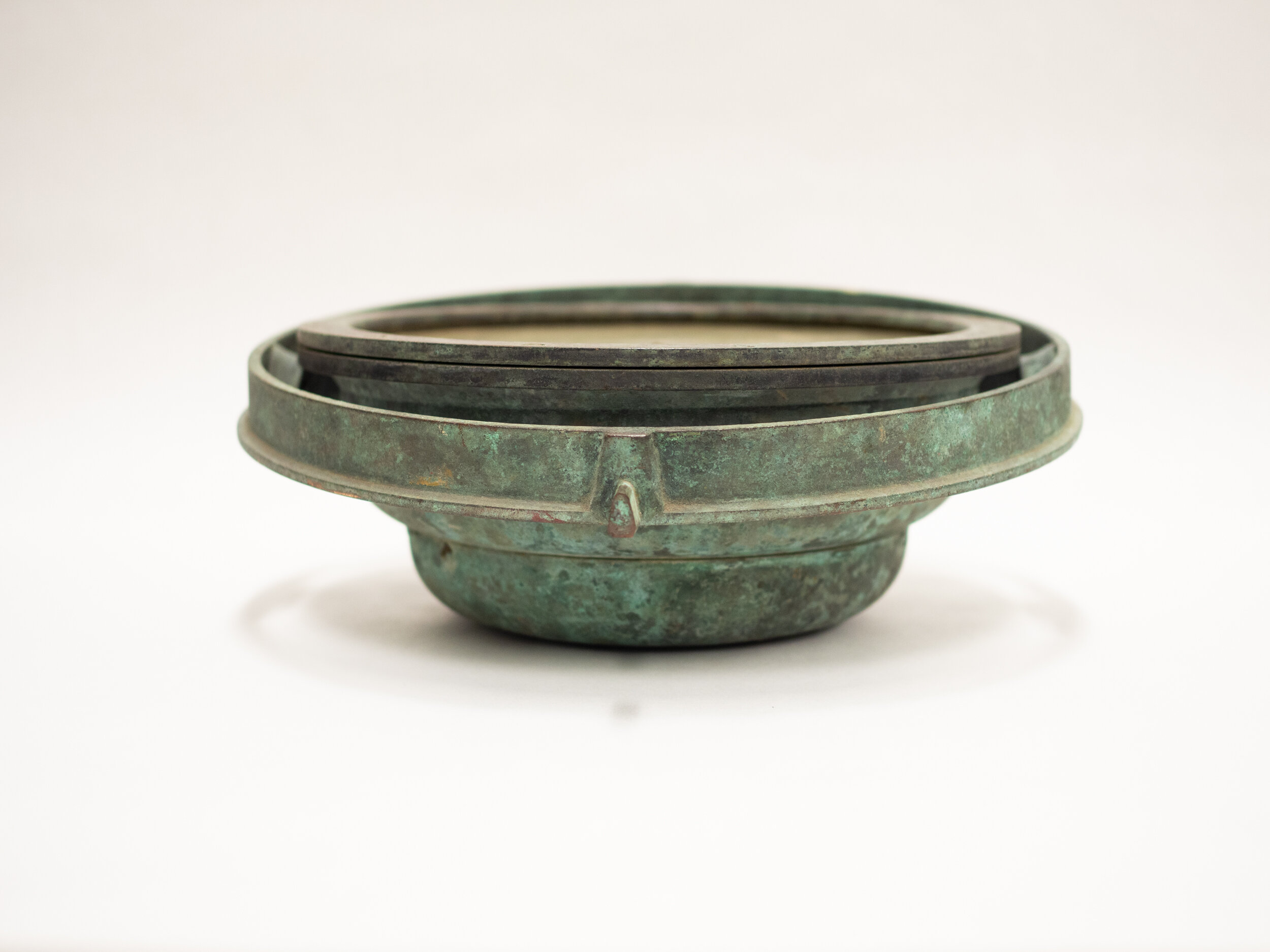
This box compass from the 1870s was another essential navigational instrument for sailors, providing an accurate bearing when the stars and other astronomical cues were obscured by clouds. The E.S. Ritchie Company, who manufactured this particular compass, was an innovator in the maritime navigation industry, pioneering the liquid-filled compass design and contracting with the United States Navy in 1861.
Poster celebrating National Maritime Day, 1947. Courtesy of the National Archives
